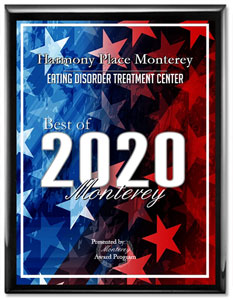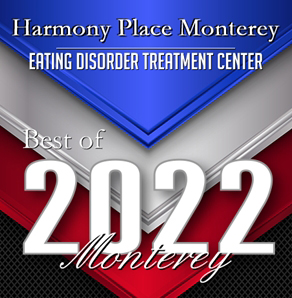 When I was trained as a marital-relational therapist, the focus was on the interpersonal relationship, that is, the interaction between two individuals. This included enhancing communication and the quality of intimacy, how time was spent together and apart, explicit and implicit contracts, anger and conflict-management, problem-solving skills, parenting, and negotiation.
When I was trained as a marital-relational therapist, the focus was on the interpersonal relationship, that is, the interaction between two individuals. This included enhancing communication and the quality of intimacy, how time was spent together and apart, explicit and implicit contracts, anger and conflict-management, problem-solving skills, parenting, and negotiation.
This work was necessary, but not always sufficient. Sometimes, each client might require additional individual therapy to work on developmental trauma, childhood neglect or parental attunement (or lack thereof). The approach could be effective, but what we found was when seeing each partner separately, one partner may be open and self-disclosing to the therapist to the exclusion of sharing that same disclosure with their partner. Or, the couple would become polarized as they separately told their version of recent interactions, complain, or they’d want the therapist to validate the other partner’s perceived misdeeds. This frequently makes the relationship more complex and difficult, since hearing one side of a disagreement can lead to incorrect or imcomplete advice from the therapist.
Eventually a third, more useful approach to relationships emerged: Intrapersonal Relational Therapy. This therapy focuses on strengthening one’s relationship with self. Many clients present with internal core beliefs of self-hate, perfectionism, depersonalization or a sense of self that is object-like, or an internal experience of shame — of being “damaged goods,” which influences their choice of partner and what they are willing to accept and expect in the relationship. Two people in a destructive relationship can actively — and unconsciously — recreate hurtful patterns from their childhood.
A person who feels defective and undeserving will often recreate neglect or abuse. If the male partner, for example, hates himself, he could fear true intimacy and reject it, or escape into illicit affairs, online pornography, workaholism, or discharge out-of-control anger to prove to his partner that he is “bad” or unworthy. In other couples, one person becomes so over adequate to earn the partner’s affection that the partner feels unnecessary, has no defined job role with the house, garden, kids or chores, and the foundation of the partnership is threatened.
In Intrapersonal Relational Therapy, the couple is seen by the therapist and the focus is on each partner learning self-compassion and care as well as developing the capacity to receive the partner’s experience — as is felt by the partner — with compassion and care.
Today’s relational therapy often adds the component of intra-psychic therapy. In this approach, one partner is the focus of a session, while the other partner silently witnesses them work through the angry, sad, lonely and disconnected parts of self. This creates greater clarity and compassion in the witnessing partner as to why their partner may act in ways that upset them. As a wife watches her husband deal with his father’s having beat him for a minor infraction as a child, she feels sad for him. She might now better understand what prompts him to be critical with her or their children, which could lead to her being motivated to help him learn greater patience. The husband recognizes that he is repeating a destructive pattern. He mindfully notices his out-of-control angry part-of-self, that which is fueling an internalized negative voice that says, about his daughter, “She doesn’t respect me. That child needs to be punished.” Instead, he learns to soothe and calm himself from the internal reaction he’s having to his negative thoughts about his daughter. He develops the ability to take a time out and find a more compassionate, constructive intervention. At that point, therapeutic help to develop interpersonal skills as well as better parenting skills can prove very useful.
When individuals develop what’s called “self-empathy,” also called “self-compassion,” their relationships with others will begin to change and improve. These subtle changes in one’s relationship to one’s self leads to positive feedback and better mirroring from others, which increases the individual’s self-esteem and self-cohesion and then in tur creates more self-empathy. This continuously regenerating, upward spiral is the primary goal of relational therapy.
Contact us today for help with your relationship. 831 747 1727





